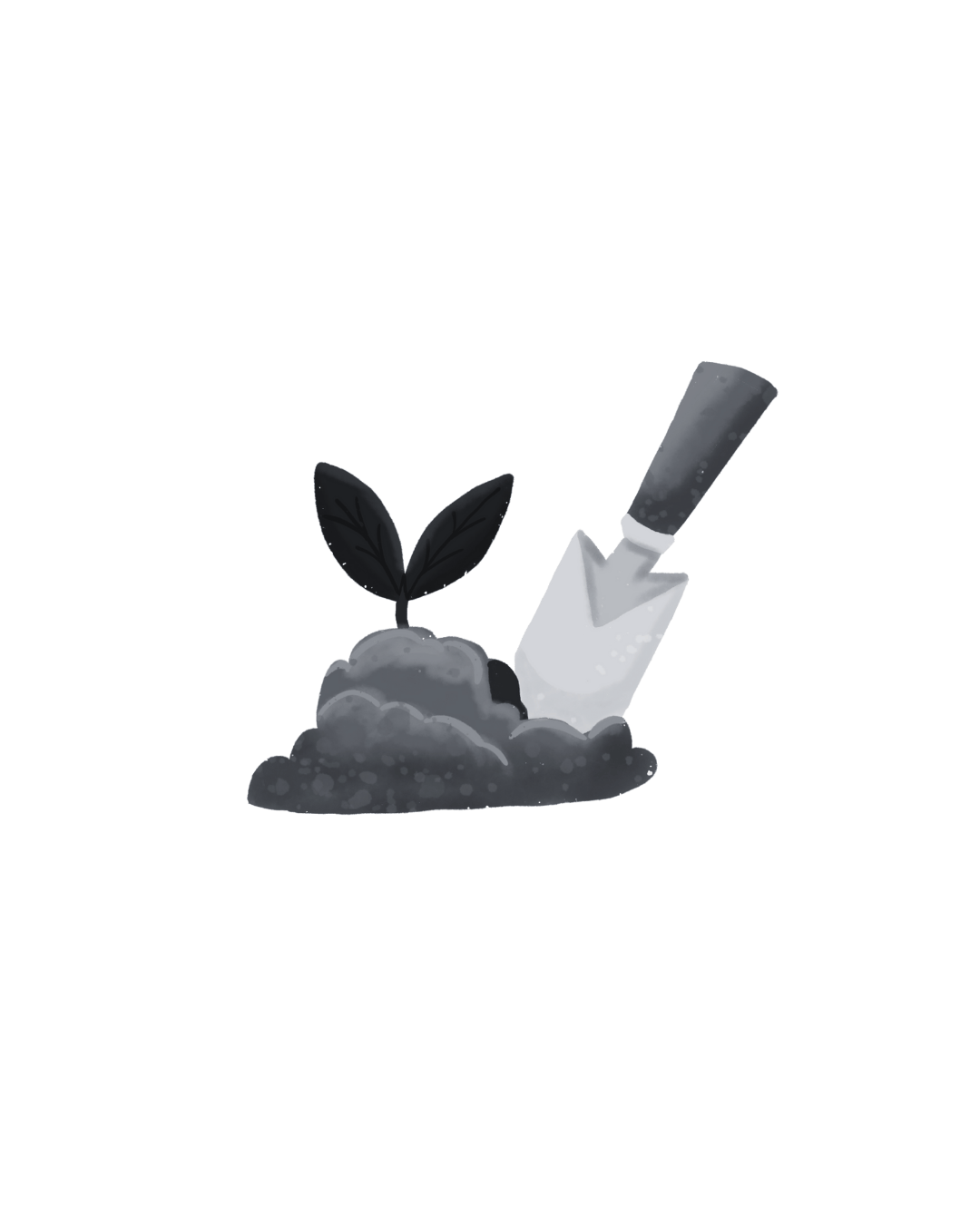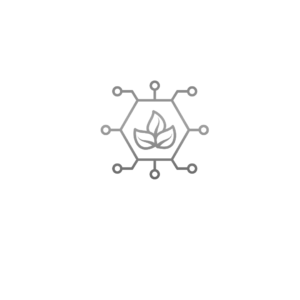Description
An Advanced Diploma in Soil and Water Conservation equips students with knowledge and skills necessary for sustainable management of soil and water resources. This program focuses on environmental conservation techniques, soil health management, and the importance of water conservation in agricultural practices. Graduates can apply this knowledge in various sectors, including agriculture, environmental management, and natural resource conservation.
Course Details:
Duration: Typically 1 to 2 years, depending on the institution and program specifics.
Eligibility: Candidates usually need to have completed higher secondary education (12th grade) in a science stream or a related field, or a relevant diploma.
Mode of Study: Available in full-time or part-time formats, incorporating theoretical coursework and hands-on fieldwork.
Curriculum:
The curriculum for an Advanced Diploma in Soil and Water Conservation generally includes the following key areas:
1. Introduction to Soil and Water Conservation
Basics of Soil Science:
Understanding soil formation, composition, properties, and classification.
Importance of Water Resources:
Overview of fresh water sources, their distribution, and significance for ecosystems and agriculture.
2. Environmental Impact Assessment
Evaluating Environmental Impact:
Techniques for assessing the impact of human activities on soil and water resources.
Regulatory Frameworks:
Understanding local and global environmental regulations pertaining to soil and water use.
3. Soil Conservation Techniques
Erosion Control Methods:
Techniques for preventing soil erosion, including contour plowing, terracing, and cover cropping.
Soil Health Management:
Practices to improve soil fertility and structure, including crop rotation and organic matter management.
4. Water Conservation Practices
Irrigation Techniques:
Study of efficient irrigation methods like drip and sprinkler systems that minimize water wastage.
Rainwater Harvesting:
Techniques for collecting and storing rainwater for agricultural and domestic use.
5. Hydrology and Watershed Management
Water Cycle and Hydrology:
Understanding the water cycle, watershed dynamics, and their relationship to soil and water conservation.
Watershed Management Techniques:
Strategies for managing watersheds, including land use planning and community involvement.
6. Integrated Soil and Water Conservation
Interrelation of Soil and Water Conservation:
Study of the interactions between soil health and water management practices for sustainable agriculture.
Best Management Practices (BMPs):
Identifying and implementing BMPs for effective resource conservation.
7. Field Studies and Practical Training
Hands-On Field Experience:
Field visits and practical exercises that provide real-world experience in soil and water conservation techniques.
Research Projects:
Engaging in projects that address local conservation issues, applying learned concepts in practical settings.
8. Policy and Advocacy in Conservation
Conservation Policies:
Understanding local, national, and global policies affecting soil and water resources.
Advocacy Skills:
Techniques for advocating for sustainable practices in communities and working with stakeholders.
9. Capstone Project
Final Project or Research:
A comprehensive project that integrates knowledge and skills learned throughout the program, focusing on a specific soil and water conservation issue.
Assessment:
Assessment methods in this program may include:
Field Evaluations:
Practical assessments of fieldwork and conservation techniques implemented by students.
Written Reports and Essays:
Assignments analyzing soil and water conservation practices and their effectiveness.
Participation in Group Projects:
Collaborative projects that address real-world conservation challenges.
Career Opportunities:
Graduates of the Advanced Diploma in Soil and Water Conservation can pursue various career paths, including:
Soil Conservation Specialist: Working with agricultural producers to implement soil conservation practices and improve soil health.
Water Resource Manager: Managing water resources at local or regional levels, ensuring sustainable use and compliance with regulations.
Environmental Consultant: Providing expertise on soil and water conservation practices to organizations, governments, and communities.
Agricultural Extension Officer: Educating farmers and communities about sustainable agricultural practices and resource management.
Researcher: Conducting research in soil and water conservation in academic or governmental institutions.
This advanced diploma program is ideal for individuals passionate about environmental sustainability and seeking to make a positive impact on soil and water conservation practices. If you have any further questions or need more information, feel free to ask!









